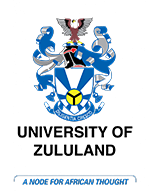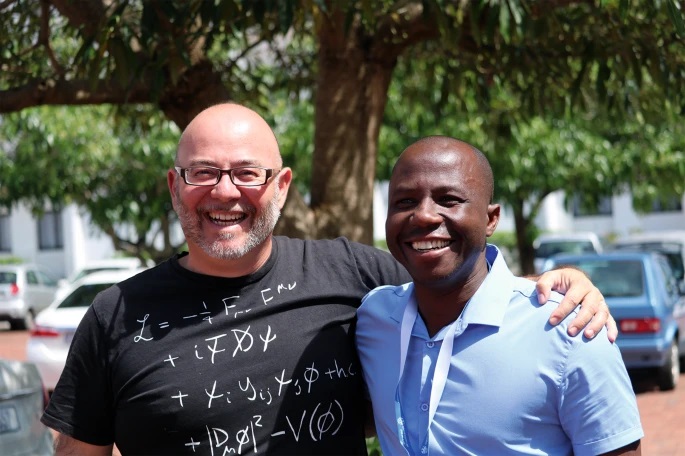Having long played the role of collaborators with other, more renowned, institutions, historically disadvantaged South African universities are now challenging the status quo — and emerging as leaders.
During a celebration of the International Day of Light, members of the University of the Western Cape (UWC) implored school-age children living at a local shelter to aspire to study at the university. In response, one little boy stood up and said, “I am very disappointed with UWC. I will go to UCT!”, before sitting down again without another word. UCT is the University of Cape Town, a historically privileged university that outperforms other institutions on the African continent according to The Times World University Rankings (https://go.nature.com/3igd43s). By contrast, UWC is among the so-called disadvantaged institutions in South Africa. The prejudice expressed by the little boy is unfortunately common, but momentum is building to turn this around.
UWC and the University of Zululand (UZ) were both established in 1960, when university education was segregated. The intellectual capabilities of African, Coloured and Indian South Africans — together regarded as the Black community — were deemed inferior, and thus incapable of the rigour and demands of science. These Universities offered ill-equipped facilities for postgraduate studies, so the path to higher education and excellence in research was an arduous one. Changing this history is no simple task, but our recent success story in nuclear physics offers a blueprint for future endeavours. Read More

